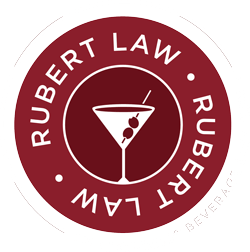As a bar or restaurant owner in Florida, it is imperative that your business follows licensure regulations. Yet, with the hectic nature of day to day operations, it’s easy to let them slip from your mind. Receiving notification of a civil administrative action from Florida’s Division of Alcoholic Beverage and Tobacco (DABT) may remind you of these rules. This violation could affect your business’ ability to operate.
Potential penalties
Florida’s penalties for liquor law violations depend upon the offense that occurred. Some infractions qualify as minor and could lead to your business paying a fine or taking relatively minor corrective action. Yet, other offenses could lead to the suspension or revocation of your business’ liquor license. These violations include:
- Serving drinks that you don’t have a license to sell
- Serving drinks after authorized times
- Serving minors or failing to conduct customer ID checks
- Overserving an intoxicated customer
- Failing to train employees properly
Possible actions to take
Liquor licenses are difficult to obtain in Florida. And you may fear you could lose yours for good if you’re notified that your business has violated regulations. Yet, you have options if you find yourself in this situation. If you’re unaware of the violation that occurred or if you feel it does not reflect your business’ operating procedures, you can appeal it. By gathering video surveillance, police reports or bar tabs, you may have enough evidence to make your case to the DABT. And doing so can also help you find any instances where your business can improve, so you don’t face the risk of another violation again.
Liquor license violations scare business owners. But if you receive one, it’s important to know that you have ways to move forward. Working with an attorney who understands Florida’s liquor laws can help you do so.
